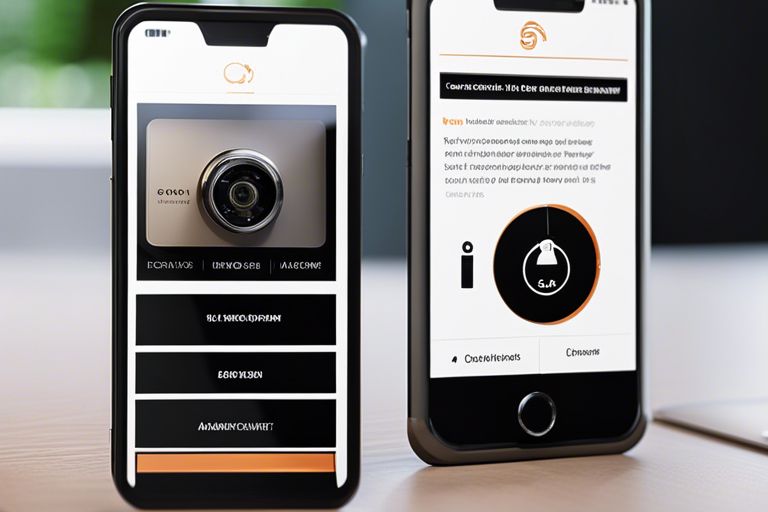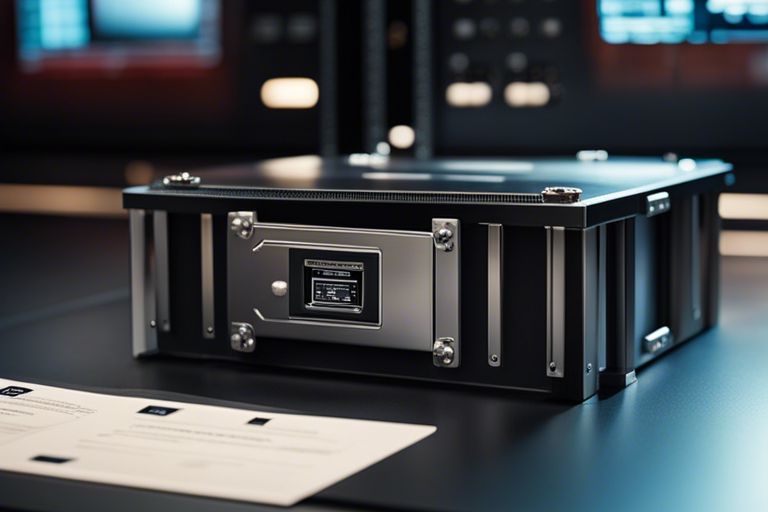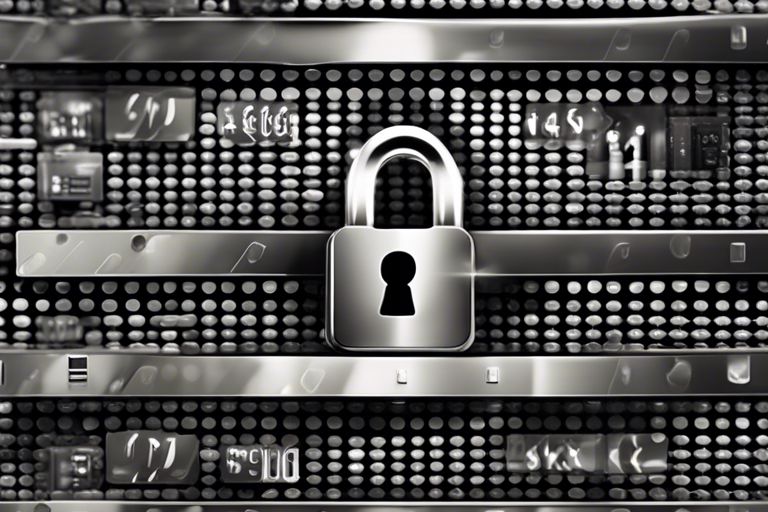Mobile devices have become an integral part of our daily lives. These devices, from smartphones to tablets, help us stay connected, productive, and entertained. However, the need for mobile device management (MDM) has become more critical with the increasing use of mobile devices.
MDM refers to the administration and control of mobile devices within an organisation. It involves managing the security, configuration, and distribution of mobile applications and monitoring and securing data on these devices. In today’s blog post, we will explore the role of MDM in security and why organisations must implement effective MDM solutions.
1. Device Security
One of MDM’s primary roles is to ensure mobile device security. With increasing cyber threats targeting mobile devices, organisations need to protect their devices from malware, unauthorised access, and data breaches. MDM solutions provide features such as device encryption, remote wipe, and password policies to secure devices and prevent unauthorised access.
2. Data Protection
Mobile devices often contain sensitive data, including corporate emails, customer information, and confidential files. MDM solutions help organisations protect this data by enforcing encryption, implementing data loss prevention (DLP) policies, and enabling secure file sharing. With MDM, organisations can ensure data is encrypted at rest and in transit, reducing the risk of data leaks and unauthorised access.
3. Application Management
MDM solutions also play a crucial role in managing mobile applications within an organisation. By implementing an MDM solution, organisations can control which applications can be installed on company-owned devices, ensuring that only trusted and approved applications are used. MDM solutions also provide the ability to remotely install, update, and remove applications, reducing the risk of malware and ensuring that devices are up to date with the latest security patches.
4. Compliance and Policy Enforcement
Organisations in regulated industries such as healthcare and finance must comply with industry regulations and data protection laws. MDM solutions help organisations enforce compliance by implementing device encryption, strong passwords, and remote data wipe policies. MDM solutions also provide auditing and reporting capabilities, allowing organisations to demonstrate compliance with regulatory requirements.
5. Remote Management and Support
MDM solutions enable IT administrators to manage and support mobile devices remotely. With MDM, administrators can troubleshoot issues, push software updates, and provide remote assistance, reducing the need for physical access to devices. This improves productivity and enhances security by ensuring that devices are correctly configured and protected.
In conclusion, mobile device management plays a critical role in ensuring the security of mobile devices within an organisation. Organisations can protect gadgets, secure data, enforce compliance, and remotely manage and support devices by implementing effective MDM solutions. As the use of mobile devices continues to grow, the importance of MDM in security cannot be overstated.






